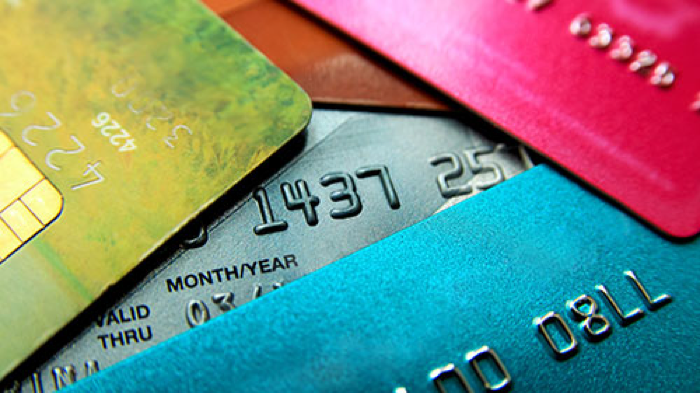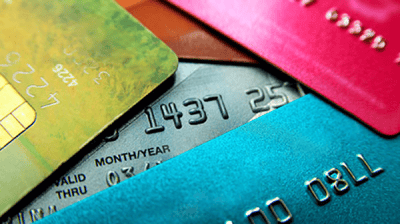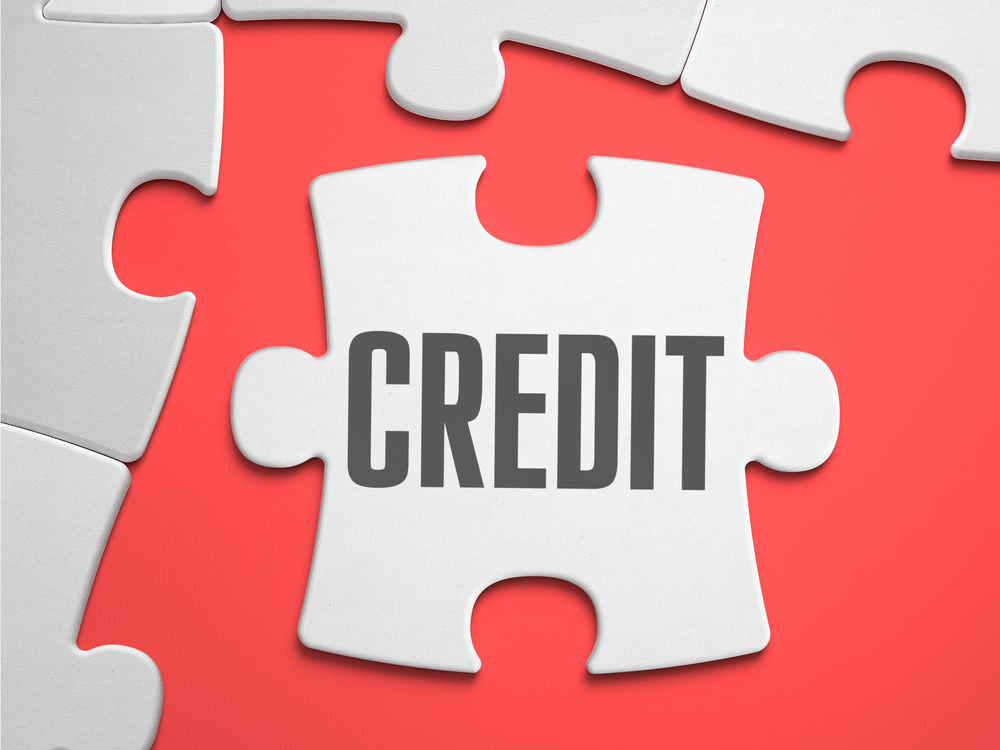Which Debt Should You Pay Off First?
Between credit cards, student loans, car loans, and mortgages, you’re probably carrying some debt. On the surface, managing your debt can seem...
Manage your everyday finances with convenient accounts, flexible cards, and personalized service designed to fit your life.
At First Federal Bank, we offer flexible mortgage solutions for almost any situation, helping you secure the right financing for your dream home.
Business banking offers secure financial management, streamlined transactions, credit options, and tools to help businesses grow efficiently and sustainably.
2 min read
First Federal Bank : July 10, 2024 10:00:00 AM EDT

 Chances are you have received conflicting advice about credit cards. Are they good or are they bad? It can be confusing to know when and how to use one properly. Or to understand how their use can impact your credit score. The Motley Fool wants to dispel some common myths you may have been told:
Chances are you have received conflicting advice about credit cards. Are they good or are they bad? It can be confusing to know when and how to use one properly. Or to understand how their use can impact your credit score. The Motley Fool wants to dispel some common myths you may have been told:
They're bad for your credit score
Credit cards can actually be good for your credit score if you pay your bills on time and in full every month. The biggest factor that goes into calculating a credit score is your payment history. When you pay with cash, there's no record of your transactions and no way for the credit bureaus to know how timely you are. With a credit card bill that comes due every month, that data is tracked and reported.
Another big factor that's accounted for in your credit score is your credit utilization ratio, or the amount of available credit you're using at once. If you keep your utilization to 30% or less, it could help your credit score improve or remain high. So if you have a $10,000 spending limit across three credit cards, keeping your total balance to $3,000 or less at all times could help your score rise.
It's okay to only make your minimum payment
Making just your minimum monthly payments on your credit cards might hurt you in a couple of ways. First, that practice could drive your credit utilization ratio up, leading to a lower credit score. It could also cost you a lot of money in interest.
Remember, credit card companies let you only pay your minimum balance because they want to collect interest on the remainder. Over time, those interest charges can add up.
Say you owe $2,000 on a credit card with a 20% APR. If you carry that balance for 24 months before paying it off completely, you'll spend $443 on interest. And that's a shame, because $443 could probably take care of a lot of your bills.
It's best to only have one credit card at a time
If you find a credit card with a great rewards program, you may decide to make it your one and only. And there's nothing wrong with that, as it will surely make it easier to keep track of your payments and spending.
But there's also nothing wrong with having multiple credit cards as long as you're able to keep track of your balances and payment due dates, and as long as you're not using multiple cards as an excuse to rack up charges you can't afford.
Let's say you find a credit card that offers terrific bonus rewards on gas and a separate card that rewards you generously for grocery store purchases. Both are expenses you probably pay for regularly. In that case, it could pay to have both so you can earn extra cash back on those everyday expenses. You may also decide to get a separate travel rewards credit card to enjoy money-saving perks when you're taking vacations, like free checked bags on flights or discounts on in-flight meals.
You can read the full article here.
Credit cards can be a useful tool in managing your finances, and they can put money back in your pocket for the things you're buying anyway. First Federal Bank offers a number of different credit card options, including cards that offer uChoose rewards. Put your credit card to work for you today!

Between credit cards, student loans, car loans, and mortgages, you’re probably carrying some debt. On the surface, managing your debt can seem...

Back when you were young and first opened a checking account, you probably used your debit card all the time, feeling the freedom of making purchases...

There are multiple factors that go into calculating your credit score. You know you need to pay your bills on time. And to avoid paying only the...
Manage your accounts, make payments, and more.
Open an account with us.